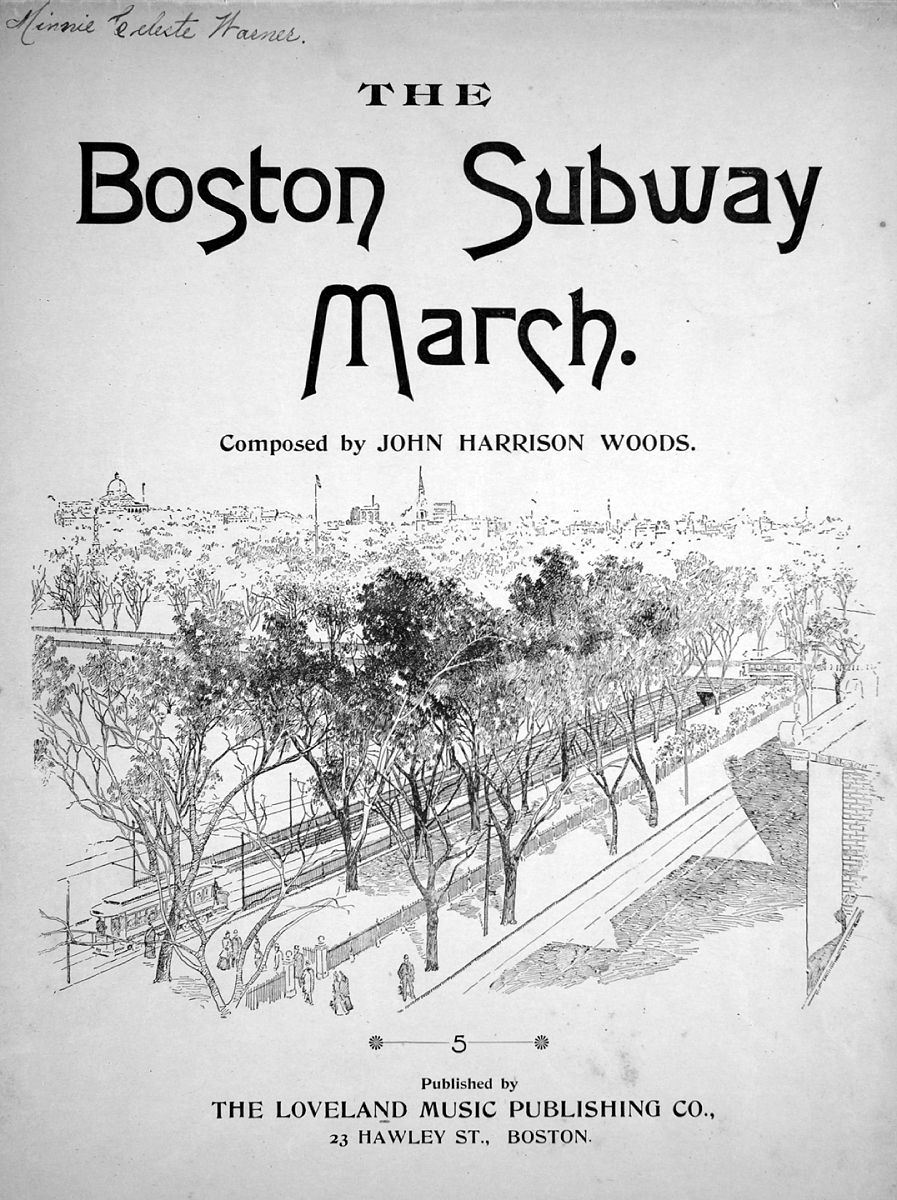The Application of Irony in Linguistics: An Analysis of 'Gone with the Wind'
Chapter 4: Results and Discussion
4.1 Results
4.1.1 The Use of Irony in 'Gone with the Wind'
'Gone with the Wind' is a novel rich in the use of irony. Author Margaret Mitchell utilizes various types of irony throughout the novel to convey her message and create a sense of tension and humor. The most prevalent type of irony employed is verbal irony, evident in numerous dialogues between the characters.
One example of verbal irony occurs when Scarlett O'Hara tells Rhett Butler that she has always hated him. This is ironic because throughout the novel, Scarlett has been infatuated with Rhett and has always attempted to gain his attention. Another example arises when Scarlett tells Melanie that she is going to marry Ashley Wilkes. This is ironic because Scarlett has always been in love with Ashley, but he has always been in love with Melanie.
Situational irony is also present in the novel. This type of irony occurs when the opposite of what is expected happens. An example of this is when Scarlett finally realizes that she is in love with Rhett, but he has already given up on her and left.
Finally, dramatic irony is used in the novel. This type of irony occurs when the audience knows something that the characters do not. An example of this is when Scarlett is oblivious to the fact that Ashley does not love her, but the audience knows this because Ashley has already confessed his love to Melanie.
Overall, the use of irony in 'Gone with the Wind' adds depth and complexity to the characters and the story. It also helps to convey the themes of love, loss, and survival in a powerful and memorable way.
4.1.2 The Significance of Irony in Language Studies
Irony is an essential aspect of language studies. It is a tool used to convey meaning, create humor, and build relationships between individuals. Irony can be utilized in a variety of settings, including literature, politics, and everyday conversations.
In literature, irony is often used to create tension and to convey the author's message. It can also be used to create humor and to add depth to the characters. In politics, irony is often used to criticize and to expose hypocrisy. Irony can also be used in everyday conversations to build rapport and to convey sarcasm.
The use of irony in language studies also highlights the importance of context. Irony is often dependent on the context in which it is used. For example, a sarcastic comment may be funny in one context but offensive in another.
Overall, the significance of irony in language studies cannot be overstated. It is a powerful tool that is used to convey meaning, build relationships, and create humor. Its importance is evident in literature, politics, and everyday conversations.
4.2 Discussion
The use of irony in 'Gone with the Wind' is a testament to its power as a literary device. Author Margaret Mitchell utilizes various types of irony to create tension and to convey her message. The use of irony also adds depth and complexity to the characters and the story.
In addition, the use of irony in 'Gone with the Wind' highlights the significance of irony in language studies. Irony is a tool that is used to convey meaning, create humor, and build relationships. Its importance is evident in a variety of settings, including literature, politics, and everyday conversations.
Finally, the use of irony in 'Gone with the Wind' emphasizes the importance of context. Irony is often dependent on the context in which it is used. It is important to be mindful of the context when using irony in order to avoid offending others.
In conclusion, the use of irony in 'Gone with the Wind' is a powerful example of the significance of irony in language studies. It highlights the importance of context and the power of irony as a literary device.

原文地址: http://www.cveoy.top/t/topic/oXdj 著作权归作者所有。请勿转载和采集!